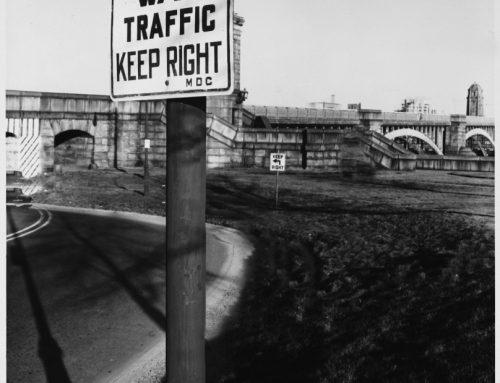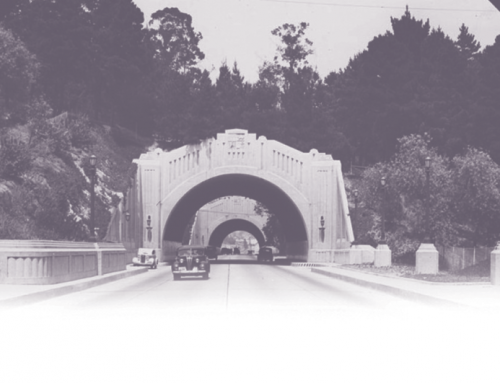ACCESS is the face of the University of California Transportation Center. It is appreciated worldwide for its incisive commentary on transportation issues of the day and its nicely packaged summaries of cutting-edge UCTC research. This 41st issue of ACCESS is cause for celebration for it marks the magazine’s 20th anniversary. Hooray!
Over the preceding 40 issues we’ve published 217 articles spanning 1,578 pages of text and illustrations. For much of the past 20 years, some 15,000 hardcopies of ACCESS have been shipped to all corners of the world, twice a year and free of charge. As society becomes increasingly paperless, more readers are accessing ACCESS online: we average around 1,000 visitors to the website per month.
Perhaps what most distinguishes ACCESS is the unflagging ability of its editors and authors to distill complex research findings into readable and enjoyable articles.
Much of the credit for ACCESS’s success goes to its editors. Beginning with ACCESS’s founder, Melvin Webber, and continuing through to Charles Lave and now Donald Shoup, ACCESS has been blessed to have faculty at the helm with a keen eye for brevity and clarity. Perhaps what most distinguishes ACCESS is the unflagging ability of its editors and authors to distill complex research findings into readable and enjoyable articles. While the interested reader can always go to the Further Reading section to dig more deeply, for many of us the ACCESS article itself suffices in telling most of the story. In my own transportation planning classes, I’ve typically used three or four ACCESS articles as required readings and I know others do likewise.
Another cause for celebration is that UCTC won this year’s USDOT competition for the Region IX University Transportation Center. A year ago, UCTC’s future, and indeed the future of the entire federal UTC program, was uncertain. After winning the competition and with the passage of a new federal transportation bill (MAP-21) that authorizes funding for the UTC program to 2015, we hope UCTC will be in business for at least a few more years, if not longer. We relish the opportunity to continue doing what we do best: advance knowledge on important transportation topics and challenges, and educate the next generation of top-flight professionals and scholars who can effectively take on these challenges.
UCTC 2.0 is very similar to its predecessor. In response to USDOT’s Request for Proposals, however, we have made a few notable changes. One, we’ve extended the family. UC Davis joins the Berkeley, Irvine, Los Angeles, Riverside, and Santa Barbara campuses as a core member of the UCTC consortium. Also, four campuses of the California State University system—Pomona, Sacramento, San Bernardino, and San Luis Obispo—are now affiliate members of UCTC. Besides collaborating with UC campuses on faculty research, we look forward to partnering with the CSUs on UCTC’s educational and workforce development missions.
Our new focus is on three important, related themes: environmental sustainability; economic competitiveness; and livability.
Another change is our strategic focus. In the past, UCTC research focused on “systems analysis and policy.” Our new focus is on three important, related themes: environmental sustainability; economic competitiveness; and livability. This shift came in response to USDOT’s strategic vision of future priorities in transportation research and practice. It also reflects areas that keenly interest UCTC faculty affiliates and graduate students.
Let’s collectively toast ACCESS Magazine’s 20th anniversary. I suspect that two decades from now we’ll be celebrating 40 years of ACCESS as the flagship publication of the UCTC program.
Robert Cervero
Director UCTC






